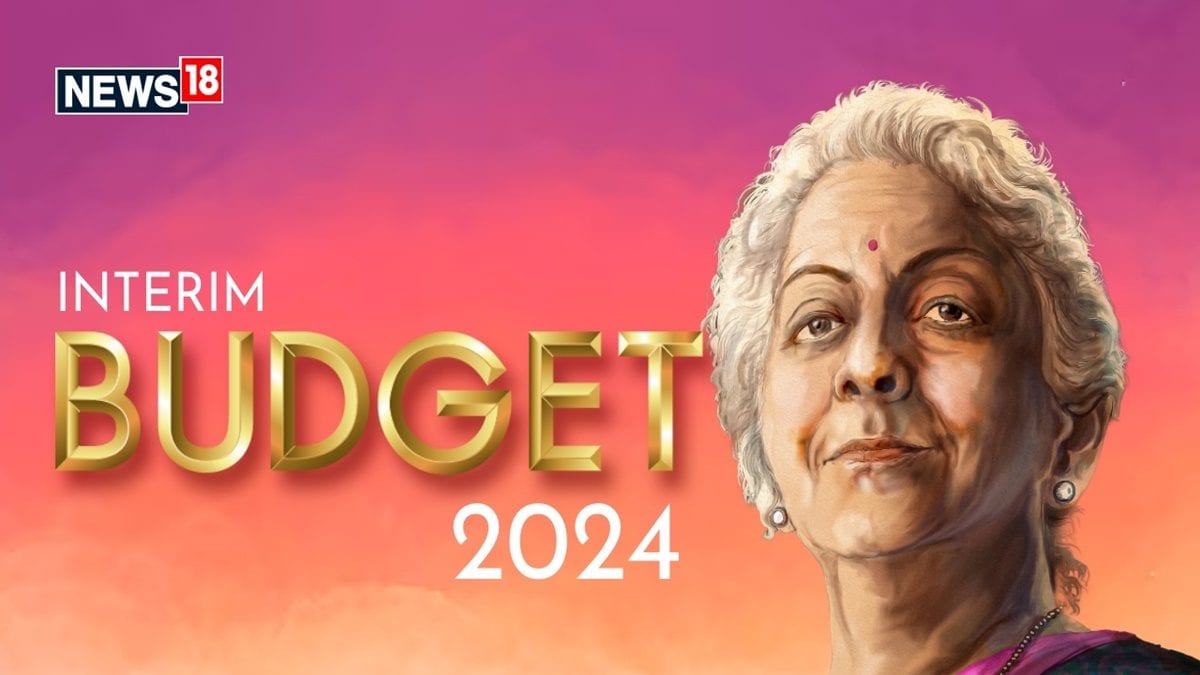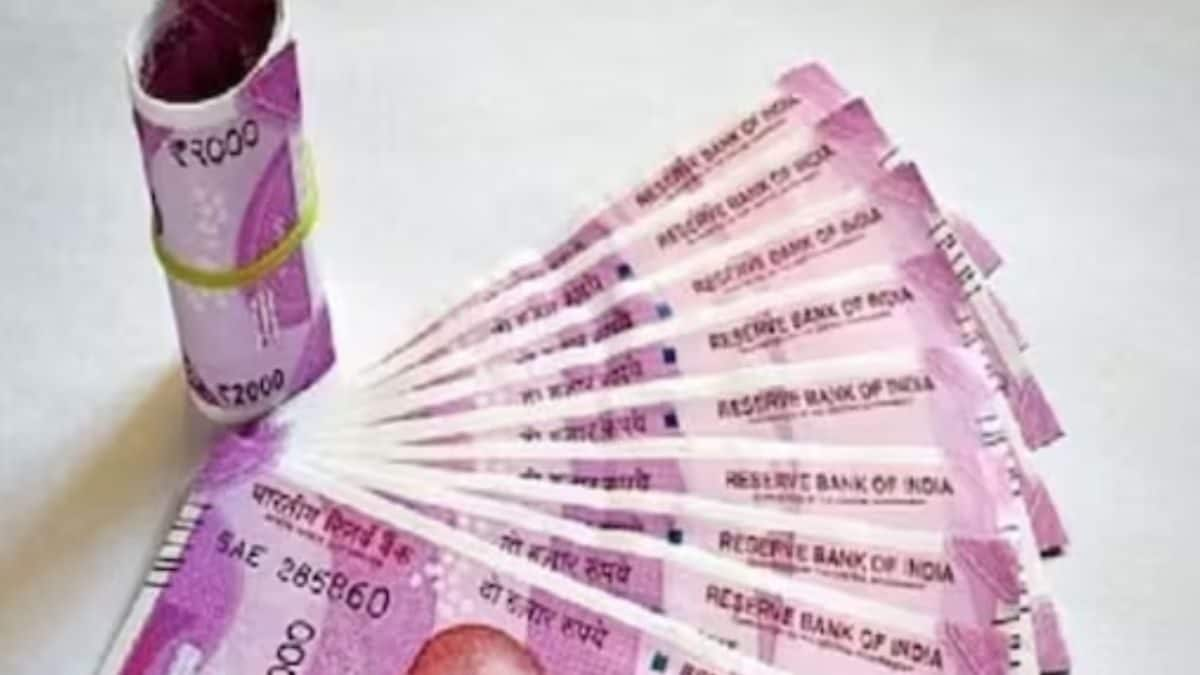Budget 2024 Expectations: Will EV Sector Get More FAME On February 1? Know What Industry Wants
Budget 2024 Expectations: The Indian EV sector is eagerly awaiting the upcoming Union Budget 2024, hoping for a slew of measures that will accelerate its growth. India has the potential to become a global hub for EV manufacturing. The industry is expecting tax breaks, subsidies, and other incentives to attract investments in EV manufacturing facilities.
Also Read: Budget 2024 Expectations: ‘Standard Deduction Should Be A Percentage Of Total Salary’
The government has been supportive of the EV sector in recent years, and it is expected that the upcoming budget will continue to provide a positive impetus for its growth. Here are some of the key expectations from the industry:
Pratik Kamdar, co-founder & CEO, Neuron Energy, said as the Union Budget 2024 approaches, the industry anticipates pivotal measures to propel it forward.
“We strongly support a positive change in the Goods and Services Tax (GST) rules, especially urging a lower tax rate for EVs and their parts. This adjustment won’t just make EVs more affordable but will also encourage more people to embrace electric transportation, aligning with our country’s goal of sustainable and eco-friendly travel,” Kamdar urged.
FAME
Kamdar is hoping that the government extends and strengthens the support for the Faster Adoption and Manufacturing of Hybrid and Electric Vehicles (FAME II) scheme. Keeping this scheme going is crucial for the continued growth of the EV ecosystem.
“In addition, we look forward to insights on the much-anticipated FAME III scheme. A well-defined roadmap in this regard would provide manufacturers with clarity, enabling strategic planning and fostering investor confidence. The seamless transition from FAME II to FAME III is essential for the industry’s progressive trajectory, and we hope the budget will provide a comprehensive vision for the future of electric mobility. With the rising pollution levels among the major cities in India, we need faster adoption and promotion of EVs as a sustainable alternative,” Kamdar added.
PLI
Hari Kiran, co-founder and COO, eBikeGo, felt that as the 2024 Budgеt approaches, the automotivе industry еagеrly awaits insights into thе GST landscapе, particularly for еntry-lеvеl two-whееlеrs.
Kiran highlighted that anticipation surrounds updatеs on thе potential FAME 3 scheme, PLI sops, and rеvisions to GST for two-whееlеrs.
“We hope for a continuation of green mobility emphasis, building on the government’s understanding of thе symbiotic relationship bеtwееn environmental sustainability and economic growth,” Kiran said.
Customs Duty On EV Parts
Thе rеduction in customs duty on EV parts in thе previous budgеt spurrеd local manufacturing, and similar amendments are еxpеctеd in thе 2024 budgеt. Calls for a uniform 5% GST on all EV sparе parts, alignеd with thе 5% GST on vеhiclеs, rеsonatе within thе industry, as we aim for a morе еquitablе tax structurе, Kiran noted.
Looking beyond financial allocations, we hope thе budgеt unveils a comprеhеnsivе policy framework for EVs, addressing licеnsing, safety standards, and insurancе norms tailorеd for еlеctric vеhiclеs. To foster cost rеduction, a focus on localising battеry manufacturing is crucial, with incеntivеs for battеry manufacturing units and a robust supply chain for EV componеnts.
EV Infrastructure & Clean Energy
Akshit Bansal, founder & CEO, Statiq, the EV Charging Station Network, said the pre-budget expectations for 2024 are grounded in the urgent need for transformative reforms in the auto sector, specifically geared towards nurturing a green and clean energy segment.
“With a staunch commitment to combat pollution and address climate change, we anticipate the government to align its policies with the net-zero goal and sustainable development. In particular, the implementation of PLI schemes tailored for EV charging companies is of utmost importance,” Bansal highlighted.
The growth of EV infrastructure plays a pivotal role in driving widespread EV adoption in India, and financial incentives will undoubtedly accelerate the expansion of the charging network.
“Looking forward to tax reformation that not only supports our industry but also encourages consumers to embrace electric vehicles. Circular economy measures should also find a prominent place in the budget, promoting recycling, waste reduction, and the use of eco-friendly materials in manufacturing,” Bansal added.





